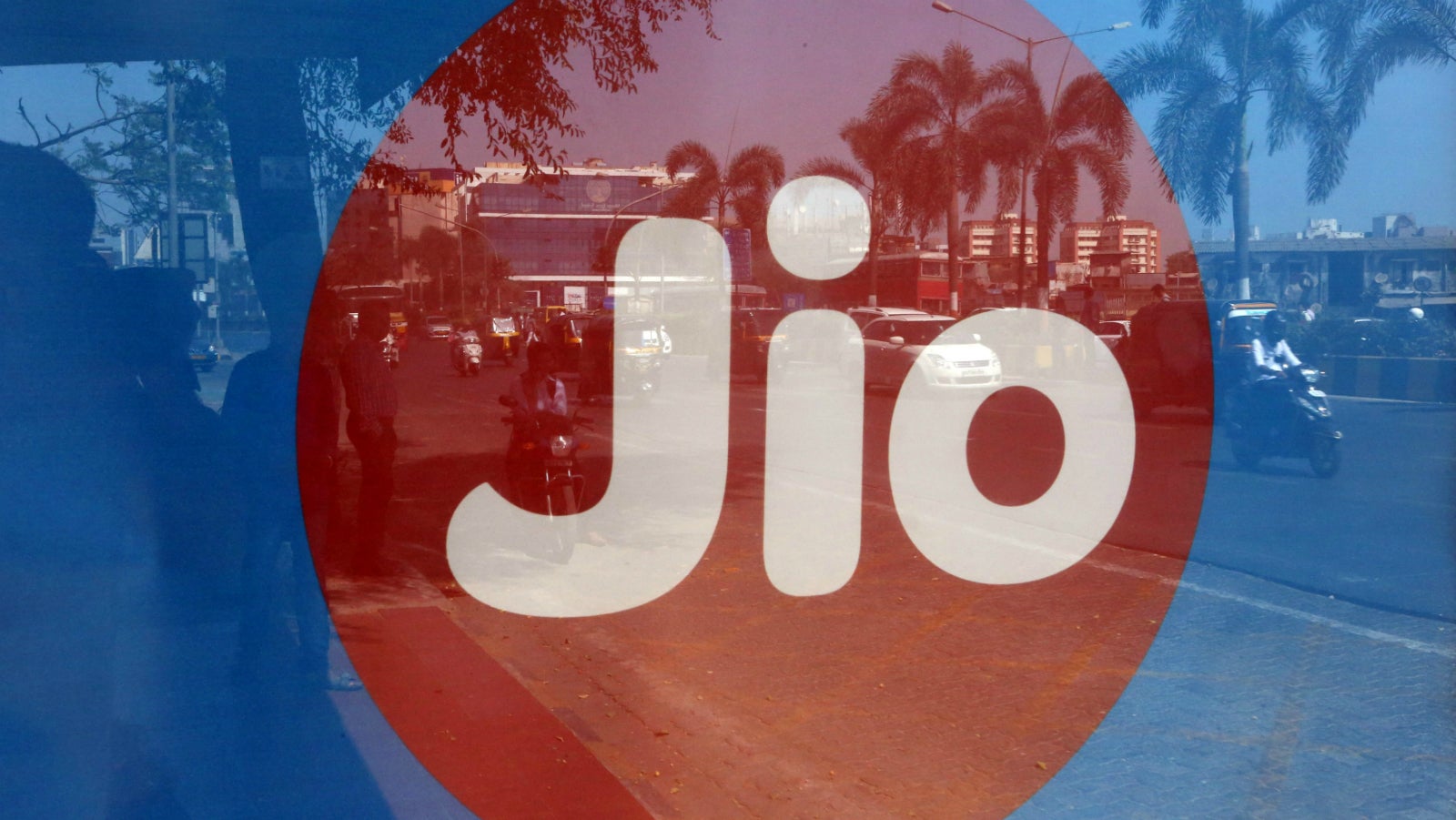Reliance Jio may be blocking VPN and proxy websites in India
Over the past few years, Indians have deftly found their way around the government’s multiple attempts to ban adult-content websites, but the loopholes may now be getting plugged indirectly.


Over the past few years, Indians have deftly found their way around the government’s multiple attempts to ban adult-content websites, but the loopholes may now be getting plugged indirectly.
On Jan. 03, Indian Reddit users started a thread reporting that Reliance Jio, the country’s third-largest telecom operator, with over 250 million subscribers, is blocking proxy websites, which help users circumvent internet zoning restrictions. This, in turn, raises serious questions over net neutrality, the principle that internet service providers (ISPs) must treat all data equally.
At least seven proxy sites were not accessible when Quartz tried to view them from a Jio connection. Many of these websites also allow users to download virtual private network (VPN) software, the use of which can hide a user’s IP address even more effectively than proxies.
Some of the blocked sites on Jio are Hide.me, VPNbook, Hidester, Kproxy, Proxysite, Proxy.toolur, and Megaproxy. These were not blocked on other networks Quartz tested, including Vodafone, Airtel, Spectranet, and ACT.
The fact that proxy sites are inaccessible on Jio and not other networks might indicate that Jio is choosing to restrict access to them independent of any government order, said Apar Gupta, executive director of New Delhi-based digital rights organisation Internet Freedom Foundation (IFF). But a general lack of transparency around website blocking means it is difficult to be sure why something might be restricted, he said.
In mid-December, IFF had asked Twitter users to write in if their ISPs seemed to be blocking VPN sites, after seeing some people post about the topic.
Proxy sites and VPNs are not illegal under Indian law. In fact, their usage “needs to be considered in the larger perspective of the absence of privacy protection or data protection framework in India, as well as the wide-ranging surveillance powers which the Indian state enjoys,” said Gupta of IFF.
The state’s capacity for digital surveillance may now be wider than ever, since a notification two weeks ago authorised 10 central agencies to intercept, monitor, or decrypt any digital communications. Recent reports have also revealed that the government is seeking to propose legal amendments to the Information Technology (IT) Act that compel online intermediaries to trace “unlawful” content online.
If Jio is really blocking proxy and VPN sites, Gupta said, it would violate a core principle of network neutrality: the “duty of an ISP not to interfere with the access choices of an end user.”
But the problem, he added, is that “we are always guessing” when it comes to website blocking. “There’s a lack of transparency, where not only requests for website blocking, but any action taken thereof is considered to be confidential,” he said. “When a person does not have the ability to approach a court, getting a hearing or any kind of judicial remedy, it just makes the entire censorship process secret.”
Jio did not respond to an emailed questionnaire.
This is not the first time that Indians have been baffled by certain websites being blocked. In 2015, an outpouring of criticism occurred when access to popular sites Github, Vimeo, Dailymotion, and Archive.org was restricted by the government for allegedly containing content related to the Islamic State. The sites were subsequently unblocked.